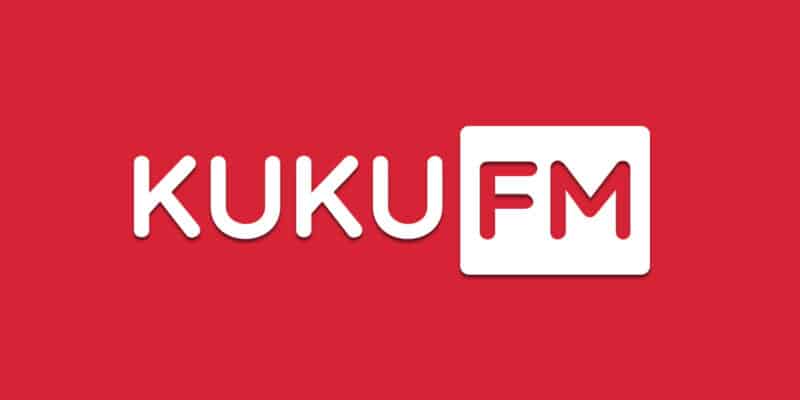To expand operations in the West African nation, Remedial Health, a Nigerian business that digitizes pharmacies and increases efficiency along the pharmaceutical value chain, has acquired $12 million in Series A equity-debt capital.
The investment was co-led by fintech venture capital firm QED Investors, which bet on embedded financial opportunities including payments and lending in the pharmaceutical industry. After participating in the Moniepoint (previously TeamApt) and Flapkap deals last year, this marks QED’s third investment in Africa. The round, which included preexisting investors like Y Combinator, Tencent, and Gaingels, was co-led by Ventures Platform as well.
Remedial Health’s platform is used by pharmacies and hospitals to order pharmaceutical supplies from reputable and trustworthy and certified manufacturers and distributors. This helps to reduce unstable prices and the flow of fraudulent and subpar goods, which are to blame for thousands of avoidable deaths in Nigeria and throughout Africa. Additionally, it guarantees the products are handled properly, which cannot be stated for Nigeria’s open drug market.
According to a recent assessment by Nigeria’s National Agency for Food and Drug Administration and Control, 15% to 20% of the medications sold here are fraudulent or of poor quality. In addition, the United Nations Office on Drugs and Crime estimates that half a million individuals in sub-Saharan Africa pass away as a result of poor quality or fake medications.
To scale inventory financing Remedial Health receives $4 million in debt funding
Remedial Health, which was founded in 2021 by Samuel Okwuada (CEO) and Victor Benjamin (COO), intends to use the new money to expand its activities in Nigeria. To scale up inventory financing, $4 million in debt is included in the funding.
According to Okwuada, the current focus is on boosting penetration in 34 states by signing up more pharmacies and hospitals, particularly in rural regions where demand is increasing.
Also, see: What Bank Is Venmo On Plaid?
“We are seeing more growth in rural areas, because they are difficult to reach, and are far from major open drug markets in Nigeria,” said Okwuada, adding that the startup currently has a “considerable market share” in at least half of the 34 of 36 states it operates in within Nigeria.
Over 5,000 pharmacies and hospitals are currently served by the YC-alumni, which has had a 3X increase in clients since November of last year. It buys more than 8,000 products from 300 suppliers and manufacturers, including GSK, AstraZeneca, and Pfizer.
Its inventory finance program, which allows customers to refill without making an upfront payment, has contributed to a 7X increase in both clientele and income over the past 10 months.
Also, see: A new study found that Facebook’s Pages and Groups shape its ideological echo chambers
“We are a B2B business and we are able to provide inventory to these pharmacies without requesting cash up-front, or at the point of delivery… We’ve seen them grow their businesses, open additional branches because they are able to get credit,” said Okwuada.
The platform provided by Remedial allows its users to manage their business operations, including accounting, financial reporting, and inventory management (also through an app). Additionally, it offers real-time market intelligence that gives firms information on distribution and production.
According to Okwuada, orders are delivered to consumers within 24 hours. The startup performs last-mile delivery internally or through partners and has a network of hubs for distribution that are dispersed across the geographies it serves. MyDawa and DrugStoc are two other firms bringing efficiency to the pharmaceutical value chain.
In a statement on the investment, Gbenga Ajayi, partner at QED Investors and head of Africa, said: “The success that Remedial Health has enjoyed to date is an indication of the market gap that exists, and their value in providing effective holistic services to thousands of pharmacies across Nigeria.”
“QED is particularly excited about the embedded financial services opportunities within the vertical — the ability to provide payments, embedded lending and other fintech solutions to this underserved but very crucial sector.”
















